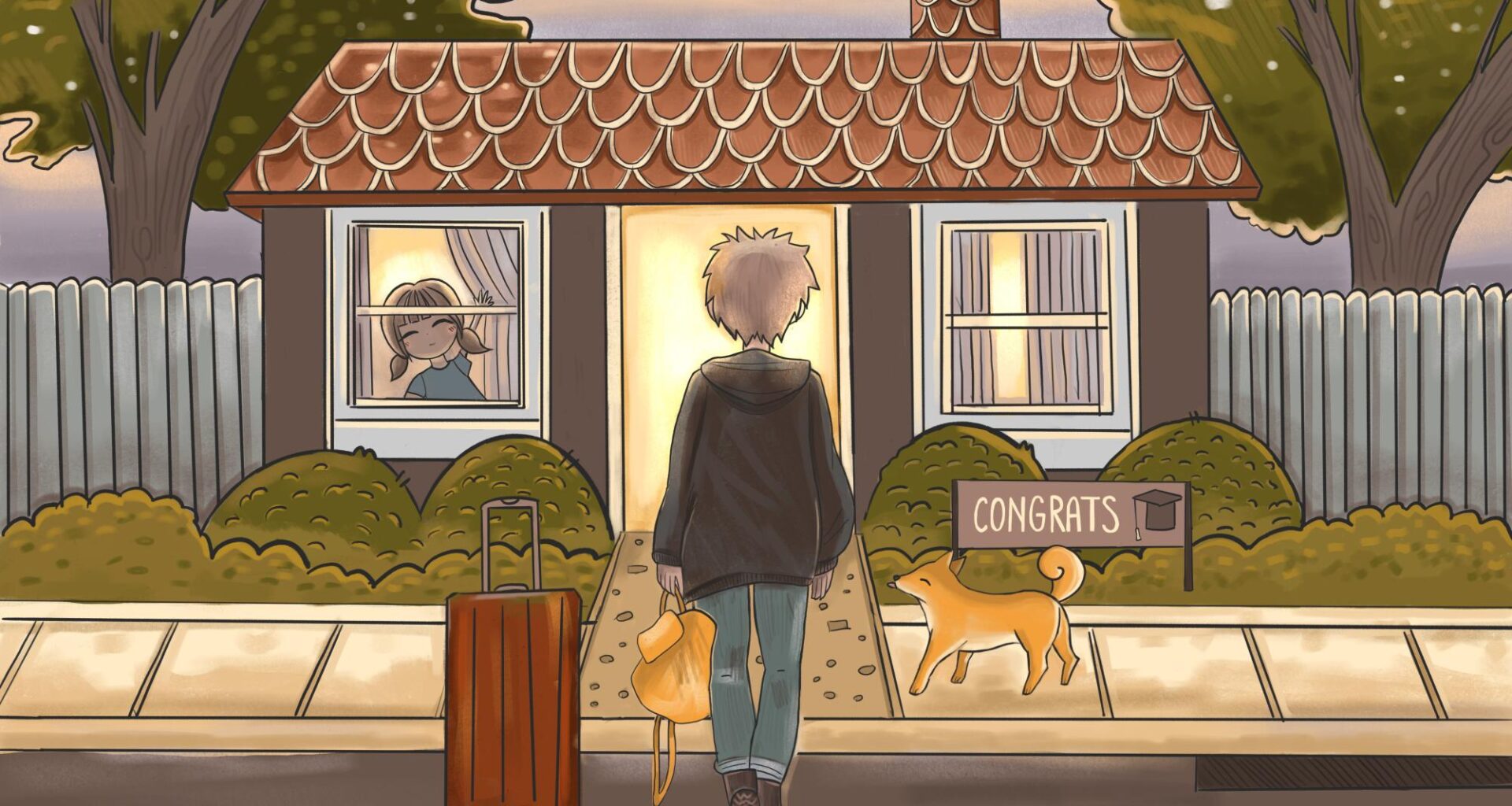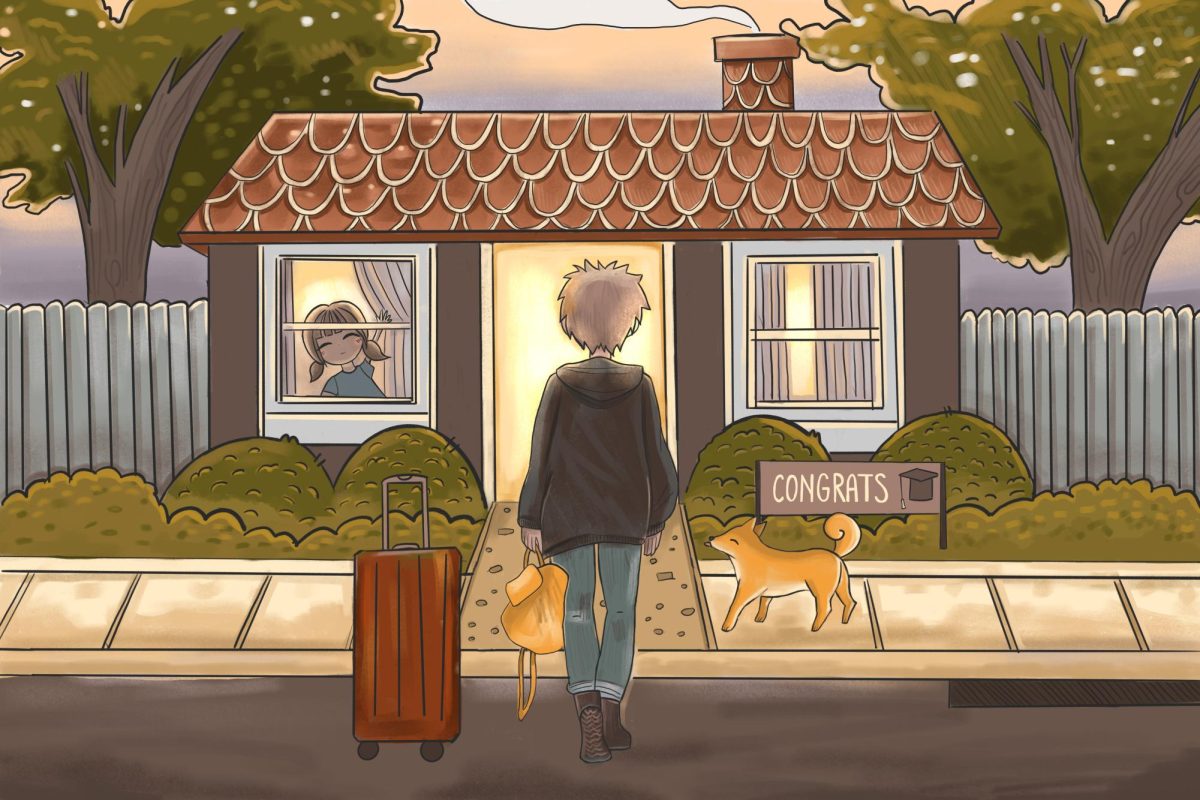Going to college is an adventure. You come to campus, leaving your old life behind and getting ready to start anew. For many UT students, this means saying goodbye to the small towns they grew up in and saying hello to an exciting life in a big city. Therefore, many students may feel disappointed about returning to these small hometowns during the summers and after college.
However, moving back home should not be seen as a regression. Returning home after college offers major opportunities for local community development and individual career freedom.
The IC² Institute is a think tank at UT that researches drivers of economic development and prosperity. Emily Spandikow, manager of Strategy and Engagement at IC², oversaw the establishment of innovation centers in rural towns for students to return to and work. She explained the importance of college-educated workers returning to small rural towns and the difficulties that can come with their absence.
“People are very important (to enhancing well-being in a community),” Spandikow said. “And so there’s this concern that there’s a loss of very important young, skilled workers who are attracted to more metropolitan areas and not rural areas.”
For small towns, the influence of recently graduated workers can be crucial to greater economic growth, generating entrepreneurial ventures and innovations in existing businesses. Furthermore, the experience of working in these hometowns can be immensely impactful for the post-grads and interns themselves.
“We really wanted to allow students at UT the opportunity to go back to their rural towns to work and understand their communities from a different lens,” Spandikow said. “(Students) were going back for internship experiences so they could understand and work with community leaders, so they were getting a new understanding of their home community.”
Additionally, many students realize unexpected career freedom in their hometowns, unaware of the diversity of opportunities.
“They were helping in co-working spaces and startup spaces, so there were lots of different jobs that students didn’t realize they could actually have access to,” Spandikow said.
Fundamentally, what makes the experience so significant and unique is how college-educated employees build on a foundational understanding of their home environment, study a new field, and then return home with fresh insight.
“The return of students after they go to college to come back to their rural community can have a significant impact of having a diversity of experiences that they can bring back to their home,” Spandikow said. “New experiences matched with having grown up in the town and knowing community members has a level of trust that, on top of new creative ways of thinking, could really benefit their communities.”
UT itself has supported the idea of students exploring careers in their hometowns with programs like Home to Texas, which incentivizes students to spend time in small rural communities by connecting them with internship and research opportunities.
“The Home to Texas program was created to help build community connections with students from all over Texas,” said Jeanette Herman, the assistant vice provost for Interdisciplinary Studies. “It started in 2019 to really think about how to create community leaders in the future and how to allow students to gain a deeper connection with their communities and see potential career opportunities.”
The communities themselves are also deeply appreciative of the program.
“They get to work with incredible students who have grown up in their community and who count it as home, but then who get to come and learn more about the communities and work with a variety of different employers in the area,” Herman said.
College is not about where you end up, but what you do with where you are. Whatever skills and knowledge you gain here at UT, do not be afraid to take them home.
Stark is a chemical engineering freshman from Orange County, California.


